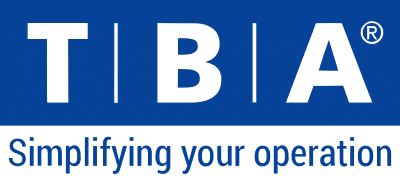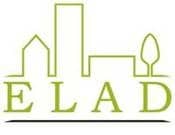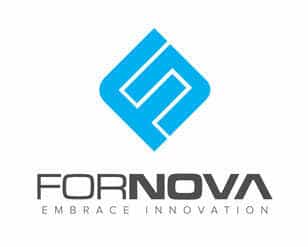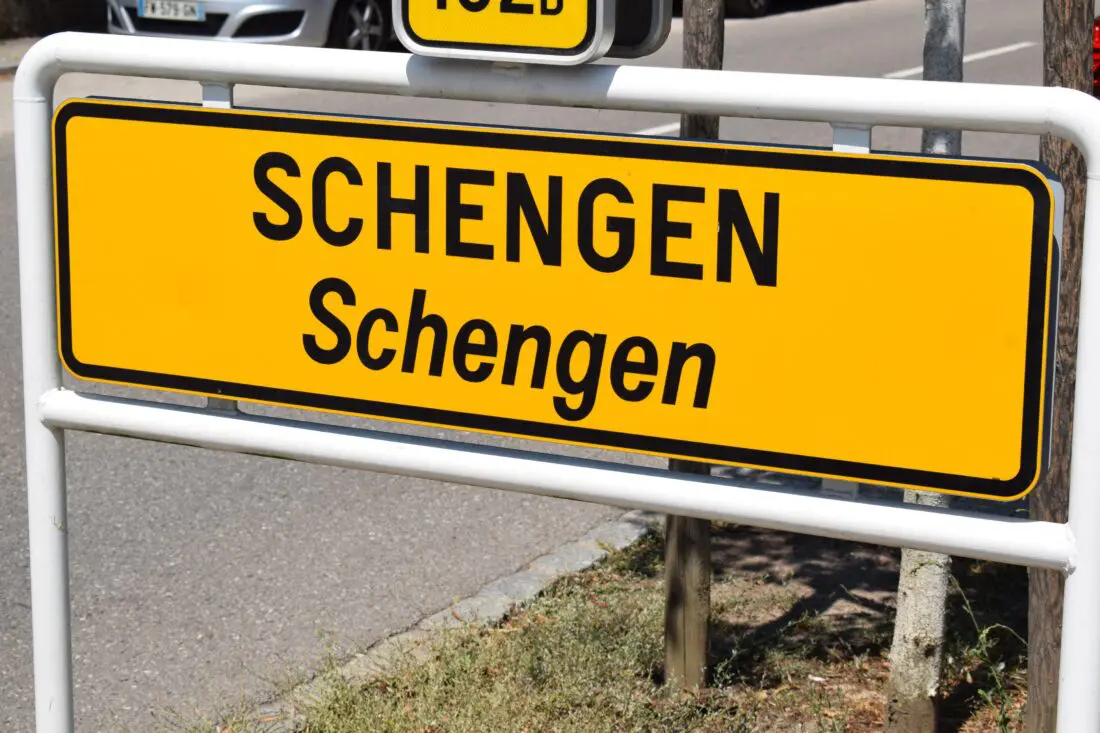
Every year we are in the top 3 of the best law firms in the Netherlands in the field of client satisfaction.
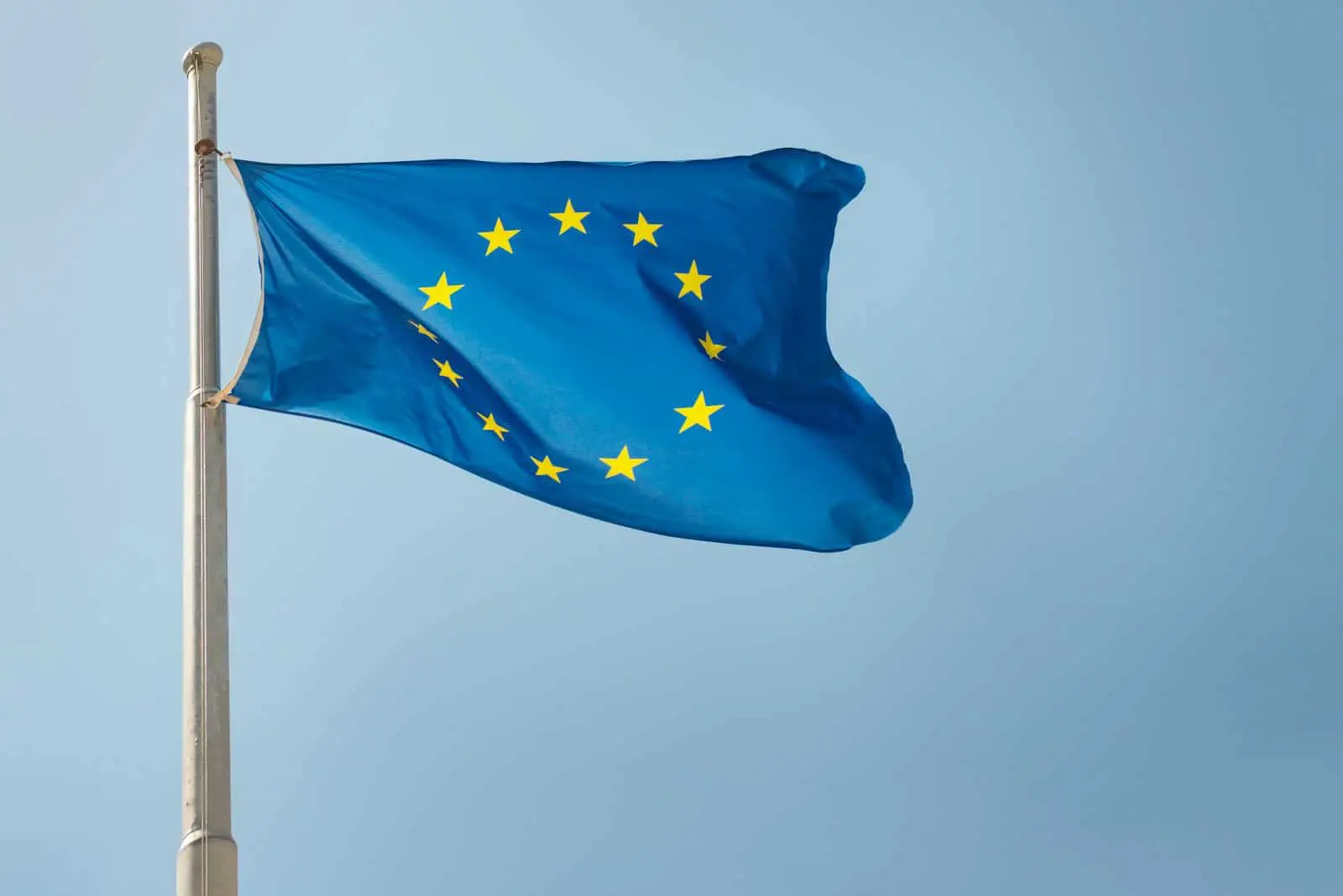

EU Blue Card
The EU Blue Card (European Blue Card) is a work and residence permit for highly skilled labor migrants from outside the European Union. The most important criteria are a salary threshold and relevant work experience, or an education requirement if that work experience is not available. The EU Blue Card provides a limited degree of labor mobility within the EU. The EU Blue Card also gives the right to work in other EU member states without a work permit for a period shorter than 90 days.
To be eligible for an EU Blue Card in the Netherlands, the migrant worker must earn a minimum gross monthly salary of €5,688 (excluding 8% holiday allowance). That is the same as the salary threshold for the Netherlands highly skilled migrant permit. The EU Blue Card also has a reduced salary threshold of €4,551 (excluding 8% holiday allowance). This reduced salary threshold applies to employees who graduated a maximum of 3 years ago.
The employment contract must be entered into for a minimum period of 6 months.
The EU Blue Card does not replace the existing national highly skilled migrant scheme. This national scheme subsist next to the EU Blue Card. There are quite some advantages and benefits compared to the highly skilled migrant permit. These will be outlined below.
Furthermore, it should be noted that in Denmark and Ireland the EU Blue Card can not be applied.
Relevant work experience or Bachelor's degree
To be eligible for an EU Blue Card in the Netherlands, certain criteria must be met. The main criteria are a salary threshold and educational qualifications:
- To be eligible for the European Blue Card, the applicant must have at least 5 years of relevant work experience. This work experience must be substantiated with, for example, employment contracts and reference letters.
- For ICT professionals and ICT managers without three years of higher education more flexible requirements apply with regard to work experience. This category of applicants can also qualify, if they have at least three years of relevant work experience in the last seven years, preceding the application.
- Educational Qualifications: If the relevant work experience requirement is not met, the applicant must have successfully completed a post-secondary higher education program of at least three years. And the educational training must be relevant to the position the EU Blue Card holder will accept in the Netherlands. The diploma must be validated by the Dutch office for Evaluation of Foreign Credentials (IDW).
Newly established company and the European Blue Card
Additional conditions apply if the company is NOT a IND recognised sponsor.
To apply for the EU Blue Card, the IND requires that there must be ‘economic activity’ at the company established in the Netherlands.
To demonstrate this, the following documents must be submitted with the application:
- The company must be able to show a lease agreement or deed of sale, to substantiate the address where the business activities in The Netherlands are carried out. The IND does not consider a PO box address as proof of address.
- The company must already have at least one full-time employee (FTE) in its employ before an application for a European Blue Card for a new employee can be submitted. This must be demonstrated by submitting an anonymised collective wage statement ('verzamelloonstaat').
- There can be no arrears with the payment of contributions to the Netherlands Tax Authorities (Belastingdienst). This must be demonstrated by a ‘Declaration of compliance with fiscal obligations (‘verklaring betalingsgedrag’) issued by the Tax Authorities. This statement can not be older than 3 months.
- The company must be registered with the Chamber of Commerce (KvK). A Chamber of Commerce extract must be included with the application.
If these documents are not present, the company can not apply for an European Blue Card.
(Newly established) company and IND recognised sponsor?
These conditions mentioned above do not apply to (newly established) companies that are approved as recognised sponsor by the IND. Companies that are recognised sponsor can apply for an European Blue Card for its future employee without all these documents. The company also does not have to have a full-time employee in service, before an EU Blue Card application can be filed.
Family reunification
Family reunification of spouses, registered partners, unmarried partners and minor children of the EU Blue Card holder is permitted. The application for the EU Blue Card employee and the dependent family members can be submitted together. The immigration officer will decide on all applications together. This will enable the family to travel together to the Netherlands. The family members have free access to the labour market: they can work for any employer in the Netherlands without a work permit.
Advantages of the EU Blue Card
The EU Blue Card has multiple benefits compared to the Netherlands highly skilled migrant permit.
Search period after unemployment of 6 months
In case of unemployment, the European Blue Card holder has a search period of 6 months to find a new job. The requirement for this search period is that the foreigner has been in possession of the European Blue Card for at least two years. The EU Blue Card can also be renewed while being unemployed. If the EU Blue Card holder has been working less than 2 years in the Netherlands, the search period is 3 months. The highly skilled migrant permit grants a search period of only 3 months, and provided the permit is still valid during these 3 months. The search period for both permit categories is granted regardless of whether the foreigner has terminated the contract or the employer.
Due to sick leave not earning the EU Blue Card salary threshold, no reason to not renew the EU Blue Card
If the Blue Card holder has earned less salary than the European Blue Card salary threshold for a maximum of 12 months due to illness or disability, this is no reason to reject the extension. The condition is that no state allowance has been applied for under the Participation Act.
Continuous Accumulation of Stay
EU Blue Card holders can accumulate the required 5 years of legal stay for the EU long term residence permit across multiple EU Member States. If an EU Blue Card holder has resided in another EU Member State for 12 months or more, this period counts towards the 5 years of residence required for a permanent residence permit ("EU long-term resident"). This provides flexibility and opens up broader opportunities for professional growth.
This ‘accumulation’ of residence years in different EU Member States is also applied to the family members (spouses, registered partners (including same-sex partners), and minor children) of the EU Blue Card holder. However, the family members can not apply for the EU long-term residence permit, based on the 'accumulation', but can apply for the Netherlands independent residence permit 'humanitarian non-temporary'.
The favorable conditions for family reunification
The favorable conditions for family reunification (for example, no basic integration exam) continue to apply to family members of the European Blue Card holder, if he or she has received an EU long term resident residence permit.
Employer does not have to be recognised by the IND (Immigration and Naturalisation Service) as sponsor
The company does not have to be recognized as a sponsor by the IND before the EU Blue Card can be applied for. This is a mandatory condition for the highly skilled migrant.
Absences from the EU territory for work or study purposes permitted
The requirements to qualify for a permanent residence permit (EU long term resident permit) are also more flexible. The EU Blue Card holder may return to his country of origin for the purpose of work, volunteering or study for a period of up to 12 consecutive months and 18 months in total, without 'losing' the accrued years of previous residence to apply for the EU long term permanent residence permit.
Much lower tuition fees for children going to university
Children of European Blue Card holders who go to study at a university in the Netherlands pay the same tuition fees as children of Dutch and EU citizens. This tuition fee is much lower than the rate charged for children of highly skilled migrants or foreign non-EU students. Namely € 2,601 for the academic year 2025-2026. For children of highly skilled migrants and non-EU students this is between € 10,000 and € 20,000 depending on the university.
Short term work permitted in other EU Member States without work permit
It is permitted to work in other EU member states with the Dutch European Blue Card without a work permit for that other EU Member State if this period is shorter than 90 days. However, other EU member states may have determined that this only applies to certain activities.
EU Blue Card Visa procedure
A decision on the European Blue Card application can take a maximum of 30 days if the employer is recognized as a sponsor by the IND. If the employer is not, the application must be decided within 90 days. The IND must decide on the application for the employee and the family members simultaneously.
Live and work in the Netherlands
The EU Blue Card presents an enticing pathway for highly skilled professionals seeking employment and residence opportunities in the Netherlands. With its distinct advantages such as enhanced mobility and uninterrupted stay benefits, it provides a unique proposition for ambitious individuals.
Want to know more about the EU Blue Card? Or do you need advice and guidance when hiring foreign employees? Contact Kroes Advocaten: thé immigration lawyers of Amsterdam. We specialize in corporate immigration law.
Do you have a question about the EU Blue Card, or are you in need of legal assistance? Don’t hesitate to contact one of our immigration lawyers.

-
Kroes Advocaten on the possible loss of Dutch nationality of 20 soccer players in the Indonesian national team.
21 Mar 2025

-
Waarschuwing preventieve stillegging - Wet arbeid vreemdelingen
14 Mar 2025

-
Schengen visa-exempt foreigners from a number of countries can extend their stay in the Schengenarea for another 90 days after 90 days. Or longer.
05 Mar 2025







